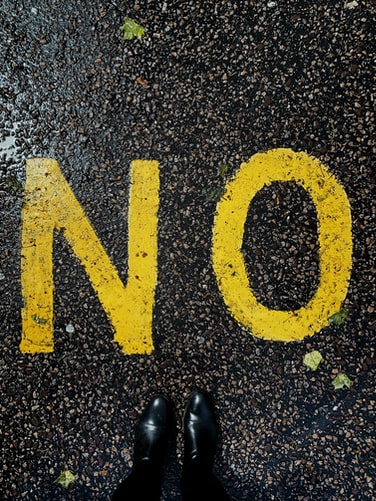Blog
Are Your Collectors Getting Counterfeit Yeses From Consumers?

I used to be a huge fan of talk radio host Dr. Laura Schlessinger. On her show, Dr. Laura would take calls from women wanting to get married, and she would give them advice. One of the things she always said to these young women was if you don’t have a ring and a date, you’re not really engaged.
To her there was all this grey area in relationships, and the way to achieve some clarity was to explain to people that you are only engaged if you meet two criteria – you have a ring and a date.
Following Dr. Laura’s advice, I always advise my collectors that when they’re documenting consumers’ promises to pay, they must have an amount and a date. They need to know how much a consumer is going to pay and the due date.
In the past, more than 50% of consumers’ promises to pay at our agency ended up as missed payments.
We have found that when an agreement is reached with an amount and a date, though, fewer people are likely to break that agreement.
When Yes Doesn’t Really Mean Yes
Even still, there are some consumers who will say yes to a payment arrangement just to get collectors off the phone. These people will likely not follow through on making their payments.
While it’s unlikely every promise to pay will result in full payment at the end, there are some things we can do to increase the likelihood consumers follow through on their promises.
Let’s start by examining why a yes from a consumer doesn’t always mean yes.
According to Chris Voss, a former FBI hostage negotiator, there are three types of yeses you’ll receive in any negotiation:

As collectors, we want to be careful of counterfeit yeses – yeses that we later find out were actually no's.
A consumer might give you a counterfeit yes because he felt cornered and trapped into the agreement or just wants to get you off the phone. Some consumers who say yes will also develop anxiety over what they committed themselves to.
A counterfeit yes is likely to result in a missed payment.
Benefits Behind No
The question then becomes: How do we avoid receiving counterfeit yeses from consumers?
Following Voss’s advice, we want to avoid getting consumers to say yes too soon. Instead when we’re negotiating, we should aim for "no" responses from consumers.
“Human beings have been conditioned to experience feelings of safety and security after saying no based on their experience leading up to their interaction with you.”
In other words, when a consumer tells you no after you ask for payment, the consumer feels like he is protecting himself. "No" is empowering, and makes the consumer feel safe and secure. This is a good thing. We want consumers to feel comfortable on collection calls. The more at ease the consumer is, the more likely he is to remain engaged and open to compromise or a solution from us.
Hearing no from the consumer also helps us learn more about him. It clarifies what the consumer doesn’t want. By eliminating what won’t work, we get closer to an arrangement that will work. Experience also tells me that getting 3 no’s will bring you closer to getting a yes.
Turning No's Into Commitment Yeses
By now you’re probably wondering: How do we prompt consumers to say no, and how do we turn no’s into commitment yeses that lead to full payment?
Voss recommends asking the person a series of no-oriented questions such as, “Are you opposed to taking care of this today?”
You will be surprised by the number of people who will respond no to that question and begin to work out an agreement with you.
One example Voss provides is when an employee asks his boss, “Do you want me to fail?” after he’s given an impossible task. When most bosses hear this, they will respond with a “supportive no” and adjust their ask accordingly, Voss says.
Final Thoughts
Once we can get consumers more comfortable with hearing the word no from consumers, we can get closer to more commitment yeses and avoid the counterfeit yeses that result in missed payments.
Negotiation skills absolutely matter as a collector. I believe that if your team is not following these strategies, you're leaving a lot of money on the table.
To learn more about how The Collection Advantage online training program can help you create a team of high-converting collectors and effective negotiators who increase your revenue immediately, book a free strategy call with me here.
If this content resonates with you, I also encourage you to check out this short video I filmed with Mike Gibb of accountsrecovery.net that explores these negotiation concepts further.
To see this post as it was originally written, visit maryshores.com.